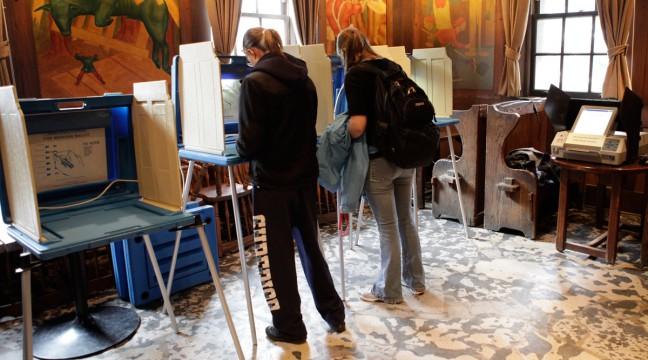The U.S. Supreme Court declined to hear a challenge to the Wisconsin voter identification law Monday, allowing it to stand after years of legal challenges in state and federal courts.
The voter ID law requires voters to show photo identification at the polls. Attorney General Brad Schimel said in a statement that because voters already have absentee ballots, the law cannot be implemented for the upcoming election on April 7, but will be in the effect in the future.
“The Voter ID law will be in place for future elections – this decision is final,” Schimel said.
The American Civil Liberties Union filed an emergency motion on Monday with a federal appeals court to block the law from taking effect immediately. This motion was filed before Schimel’s statement saying the law would not be in effect for the April 7 election.
In September, a three-judge appellate panel removed a block on the law. This was after the law had been on hold since 2012.
Since the law was signed in 2011, it has faced a number of legal challenges against it. People opposing the law believe it makes it harder for low income people, minorities and students to vote. Supporters say the law reduces election fraud.
In a statement, Gov. Scott Walker said the decision was great news for Wisconsin voters.
“As we’ve said, this is a common sense reform that protects the integrity of our voting process, making it easy to vote and hard to cheat,” Walker said.
Sen. Mark Miller, D-Monona, said in a statement he was “appalled” by the importance given on restricting the right to vote. He said making it harder for students, people with disabilities and minorities to vote does not enhance the elections, but instead disenfranchises voters.
“I am again disheartened to see how little respect Wisconsin Republicans have for freedom and democracy,” Miller said.
However, Miller praised Schimel’s decision to hold the implementation of the law until after the April 7 election.


